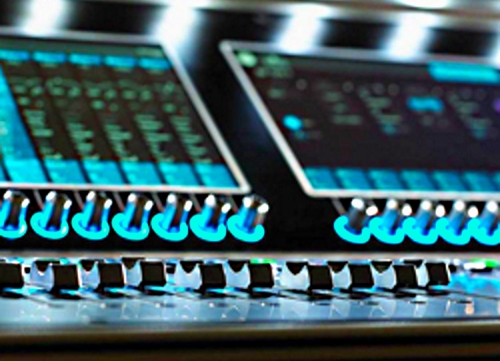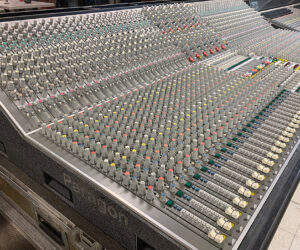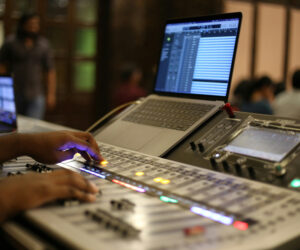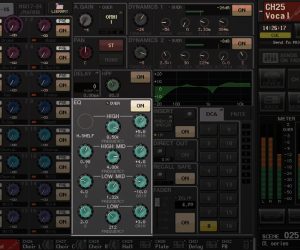One of the things I really enjoy about my job is that I get to help churches choose AVL equipment. I’m not that enamored with gear necessarily, but I enjoy the exercise of matching features and benefits with needs.
We’re in a golden age of equipment right now. There is a ton to choose from, and most of it is really good—or at least good enough. And we can do more than ever with it.
With the recent introduction of new consoles from Yamaha, DiGiCo, Avid, Roland and more, it seems everyone is getting into the pick the “best” console game. The interwebs were alight with arguments on whether one was better than another. Honestly, I’m not sure it matters all that much.
I may take some flak for this, but I am going to assume that all modern consoles sound good enough. That’s not to say that one may not sound better than another, though “better” is often highly subjective. My premise is that for the most part, in most applications, any console from any of the major manufacturers will give you an acceptable sound signature. By acceptable, I mean that the people in the pews won’t be sitting there thinking, “Man, I wish they hand’t bought that console, but this other one.”
Again, it’s not that sound quality doesn’t matter, or that there is no difference. My point is that for the most part, I would weigh other factors heavier than absolute sound quality. Back when I was in college, we had an acronym we used often—AOTBE—All Other Things Being Equal. Now, if you can find two consoles that are equal in terms of all the other criteria you need and one sounds better, sound quality can become your tie breaker. But all other things are rarely equal and it pays to check out the whole picture before landing on a console.
What other criteria do I think are important, nay more important than absolute sound quality? Read on… This list is not likely exhaustive and it’s not necessarily in order of importance. That’s because the order of importance will change based on the situation. For some churches, how easily the console can be operated by non-professionals is very important; in others, not so much. As they say, your mileage may vary. But here are some things I think you should consider before buying an audio console.
Expandability, Both Temporary & Permanent
Sometimes when I’m working with churches, they will tell me they need a minimum of 96 channels in their next console. I ask them how many they use on a normal weekend, and it’s surprising how many will say 28-34. Yet they feel they absolutely must have 96 channels because once a year they do a big production.
Given that the price gap between 40-ish channels and 96 channels can be sizable, it may be more important to find a console that will do 40 channels most of the year yet give them the ability to rent in more channels for Christmas. Or maybe they just rent the larger version of the console for that week. Using less than 50 percent of the console all year long just so you have that capacity for on week a year may not be the best stewardship.
Sometimes a church is young and growing and they see themselves needing a higher channel count as the church, and thus the band, grows. In that case, we want to look for a desk that has an easy way to add channel count—or more correctly input count. This is generally easy for digital consoles, thought it assumes the mixing engine can actually mix the additional inputs. Again, this is where taking to someone with a wide understanding of current technology is helpful.
Be realistic with your assessments here. You don’t want to buy a console that is full on the first week, but you don’t want to over-buy, either. It’s a bit of a balancing act, but the good news is most console manufacturers offer models that fit every use case. And many can scale up and down depending on what you need it to do.
















